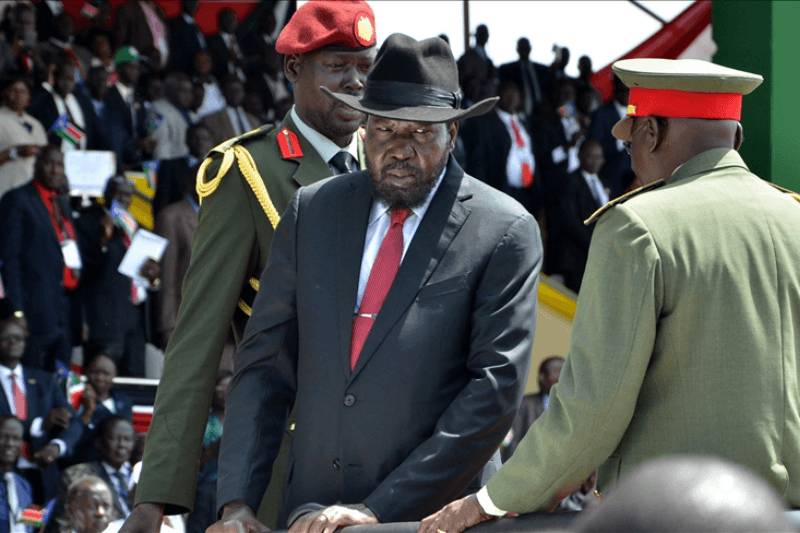In a development quite contrary to expectation, the United Nations Mission in South Sudan has welcomed the extension of South Sudan’s transitional period until February 2027. The head of UNMISS, Nicholas Haysom, had expressed his disappointment during an extraordinary meeting of the Reconstituted Joint Monitoring and Evaluation Commission Wednesday in Juba, adding that the country was yet ready for elections that could be peaceful and credible.
Addressing an audience that included officials of the government, diplomats, and representatives of civil society, Haysom said, “While the UN will endorse the extension of the transitional period, we do so with real regret and disappointment.” He immediately drew parallels to the country’s position two years ago in view of the need of an extension on the express understanding that no more delays would occur .
Difficulties to Peace and Advancement
The UN support for the extension occurs amidst many unresolved issues in South Sudan, which include the snail pace of the peace process, crippling economic challenges, and widely devastating flooding that has dramatically tormented the nation in its recovery from such struggles. A number of key milestones stated in the 2018 Revitalized Peace Agreement have not been achieved to date, adding to the misery of the international community.
Prosper Addo, Senior Political Officer of the African Union Mission in South Sudan, said this was for a necessary extension because of the prevailing realities that stare the nation in the face. “We unanimously support the decision to extend the transitional period due to the prevailing circumstances of the country, including the difficult socio-economic conditions and lack of adequate preparations by the election commission and security sector,” Addo said.
A Call for Decisive Action
While this transition period has been extended, that only raises the level of urgency. As Addo emphasized, this additional time has to be used by the institutions in adequate preparation on constitutional reforms, security issues, and finally holding those long-overdue elections.
Keep Reading
Haysom concluded his remarks by calling on the leaders of South Sudan to put the interests of the nation first and strive for inclusive peace by engaging in the process with nonsignatory parties. “It is now time for the leaders of South Sudan to regain public confidence, free up the political and civic space to allow elections to take place, and involve all voices to break this perpetual cycle of continuous transitions and pave the way toward sustainable peace.”
With this new extension in place, the pressure has already begun to mount on the leadership of South Sudan to deliver reforms and restore public faith in the peace process.

